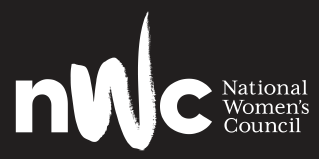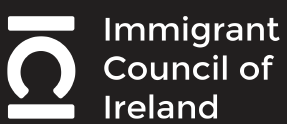The Equality Model or Nordic Model is women-centred and targets buyers, exploiters, and traffickers as profit-making exploiters of poverty, racism, and other intersectional vulnerabilities. The core pillars of this Model are:
- Individuals selling or being sold for sex are no longer criminalised – this means they can go to authorities for protection
- Supports are provided to help women leave prostitution, and to offer vulnerable women at risk of sexual exploitation more choices
- Buying sex is punishable by a range of legal sanctions– this discourages people from buying sex and reduces the demand for prostituted women
- Pimping and brothel keeping remain illegal to reduce the opportunity to profit from sexual exploitation.




